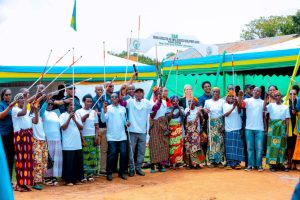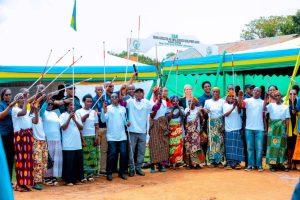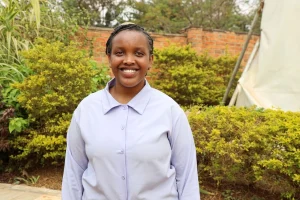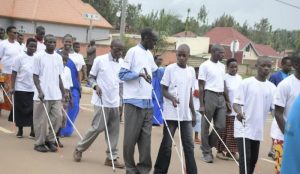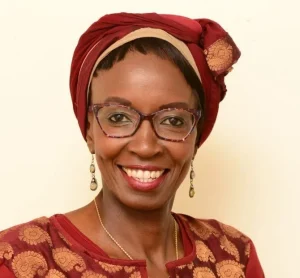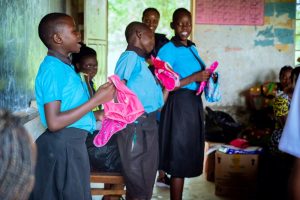Huye: People with Disabilities Face Ongoing Barriers in Accessing Non-Inclusive Infrastructure
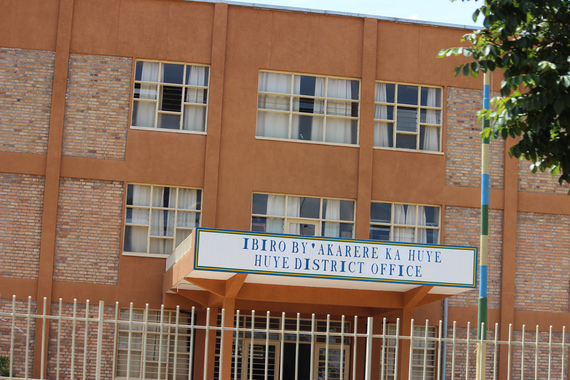
Persons with disabilities in Huye District, Southern Province, say they continue to face significant challenges in accessing new buildings and roads, many of which are constructed without the features required to ensure their safe and independent use. Authorities acknowledge the gap and say efforts are underway to improve infrastructure designs and ensure compliance with accessibility standards.
Despite progress made in developing public infrastructure across the district, residents with disabilities say the lack of disability-friendly features remains a major barrier to their mobility and daily activities.
Jean Paul Habinshuti, a resident of Ngoma Sector who has a physical disability, said many of the recently constructed buildings do not take people with disabilities into account, making essential services hard to access. “When you want to go to the market, you often find no ramps or accessible pathways in road . You are forced to ask for help or turn back. It makes us feel like we are not valued the same as others,” Habinshuti said.
Similarly, Vestine Mukandutiye, a visually impaired resident of Tumba Sector, noted that roads used by community members are rarely designed with disability considerations, making movement risky and demanding. “It becomes very difficult to move when roads lack clear pathways or safe footpaths. Sometimes there are stones, holes, or uneven surfaces that make it dangerous. We hope these issues are considered whenever new infrastructure is built,” she explained.
Huye District Mayor, Ange Sebutege, acknowledged the existing challenges and emphasized that more effort is needed to ensure inclusive infrastructure. “Yes, the problem still exists. However, we continue to encourage the community to support persons with disabilities in their daily lives, while we work with relevant institutions to ensure that new buildings and roads meet required standards,” Mayor Sebutege said.
According to Emmanuel Ndayisaba, Executive Secretary of the National Council of Persons with Disabilities (NCPD), the institution has begun collaborating with agencies in charge of construction and infrastructure to ensure compliance with accessibility regulations. “We have already started working with construction and infrastructure institutions to ensure that all new buildings include access routes for persons with disabilities. It is their right, and we must protect and implement it,” Ndayisaba stated.
Data from the 2022 National Census shows that persons with disabilities represent 3.4% of Rwanda’s population. However, only 45% of buildings currently meet disability-friendly standards, while accessible roads remain below 30%.
NCPD says it will continue partnering with government agencies and private actors to ensure that all new infrastructures are built inclusively, promoting equal opportunities for all citizens.

SUBSCRIBE TO OUR NEWSLETTER


